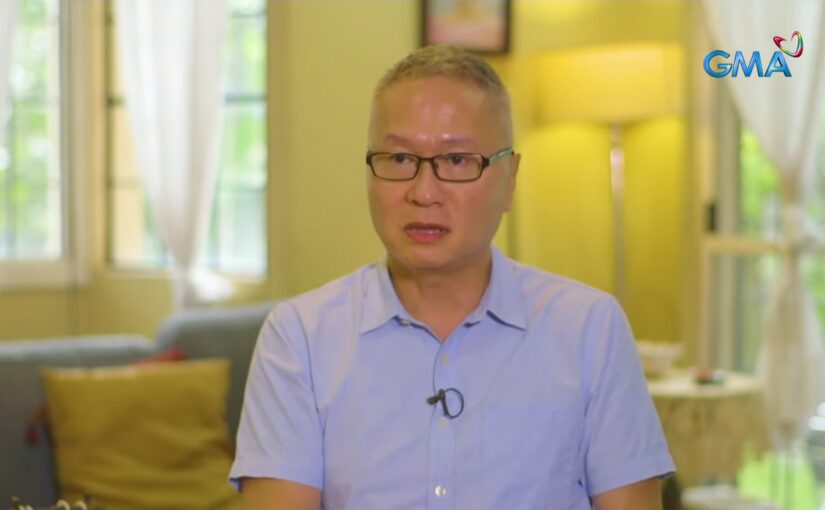Tag: Depression
Are you depressed?

by Nathan Chua
No, you’re not. You are called by a name, and I don’t think your parents or guardians would name you, “Depressed!” Yes, this is kind of a play on words, but it can also serve as a reminder to you that your depression doesn’t define you. I have met a good number of clients who have come to me saying that they have been diagnosed with major depression and subsequently medicated for something they are supposed to have that causes the depression…some sort of brain disease. It no longer surprises me when clients come to me and say that they had a chat with their provider for 15 minutes and voila, they are labeled as being stricken by something that is called major depressive disorder or MDD! Sad to say you’re broken and you need some fixin’!
These conclusions are made in the service of a manual that says someone has a problem with depression when it lasts for a couple of weeks or more, plus a few other criteria listed. Most people who get such a diagnosis often end up feeling like they have very little control over their choices regarding how they want to spend their time. Much of their time from thereon will be focused entirely on getting rid of this depression. They begin to adjust their lives and expectations about their lives and their relationships around a diagnosis. People have to be careful about my feelings. They shouldn’t say anything that can trigger my depression or sense of self-worth. All of a sudden a mask is worn throughout their remaining existence.
A few words about our sadness:
I have recently shared this thought experiment about our sad feelings. It speaks about how understandable our negative feelings are. If you were in a funeral wake to visit the friends and loved ones of the departed, wouldn’t you be surprised if anyone came in without at least a tinge of sadness in their face? If you lost someone you cared for, would you think you’re abnormal for feeling sad? Wouldn’t you once in a while even after years following the death of a loved one, still feel a sadness that comes with a reminder of the person who once meant so much to you? Wouldn’t that be about just being a person who has feelings? And yet we have a system or a culture that says you only have a couple of weeks to get over your sadness.
The loop:
I remember an expert sharing that depression as we interpret it today, is not about the presence of sadness, but the unwillingness to feel sadness. The loop happens when you and I try to get rid of our feelings of sadness. This can come in many different forms. We may try to distract ourselves, opt out of activities we enjoy, ruminate about the guilt and the what ifs, and some of us even take substances. The sad news is unless you have a major brain injury or you are close to that age when you get hit by Alzheimer’s, you will experience sadness sooner or later. No amount of avoiding can help you on your way to being unable to feel. Take it from me, there are times I wake up feeling sad for no particular reason at all. That’s just the case about feelings. They visit us once in a while and they come and go of their own accord.
In short, the loop kind of looks like this, you don’t only feel sad, but also feel sad that you are sad.
It’s not what you are, it’s something you have:
You are not a walking depression. You can just observe. Take a full day without any medication and see if you will feel sad 24 hours non stop. Chances are you will find that your sadness only visits you in spurts. And when it is a longer spurt, chances are you are trying to suppress it. The problem with that strategy is that the more you try to forget about your sadness, the more you remember. Because trying to forget something only reminds you of what you have to forget!
The meaning behind the sadness:
Finally, this article won’t be complete without some kind of redemption. If our sadness were meaningless then I would be first to recommend that all of us should find ways to escape it. For example, if you were being physically or verbally abused by a partner or a guardian, this is needless pain that all of us can and should avoid. But the kind of sadness I speak about here does stand for something. Our sadness means we have lost something or someone of great value to us. We have sad feelings for a reason. We are sad for the loss of a loved one because…we loved them! If our sadness stood for something as life-changing and powerful as love, then why should we be ashamed of it?
I remember an author and psychologist mention that we have tears come out of our eyes because they were meant to be seen. I often say this to my clients, your tears today tell me something about you that any form of running away from or medicating your way out of your sadness cannot. They tell me something about you that makes me feel connected to you. You’re just as human as I am.
So next time you lose someone or something that matters to you, take a moment and look at the other side of the coin. This moment is precious because your sad feelings tell you you have lost someone precious. And for you to feel the pain of the loss, is the essence of why it is both difficult and a privilege to be part of the human species.
Do you need counseling?
Do you need counseling for depression, anxiety, trauma, relationship (marriage, family) problems, insomnia, anger management problems, infidelity, teen parenting issues, grief processing, addiction, procrastination, work performance, and even weight issues?
We are here to provide you with evidence-based approaches that are backed by reliable and valid scientific research!
We provide both in person and online video counseling for your convenience.
Please text (preferred) or call:
Mobile Number: +63 917 886 5433 (LIFE)
Available also on Viber and WhatsApp!
(The best option is to message this number through Viber or WhatsApp and we will gladly call you back or reply!)
You can also call our booking hotline!
Booking Hotline: +632 8396 6007
The booking hotline is available 24/7!
Email:
Connect with us through Facebook, follow us through Spotify and YouTube.
Our offices are located in Quezon City, Metro Manila, Philippines.
CMS Clinic
2nd Floor Back to the Bible Building
135 West Avenue, Quezon City, Metro Manila, Philippines
and
M Place South Triangle
8004 Mother Ignacia Avenue, Quezon City, Metro Manila, Philippines
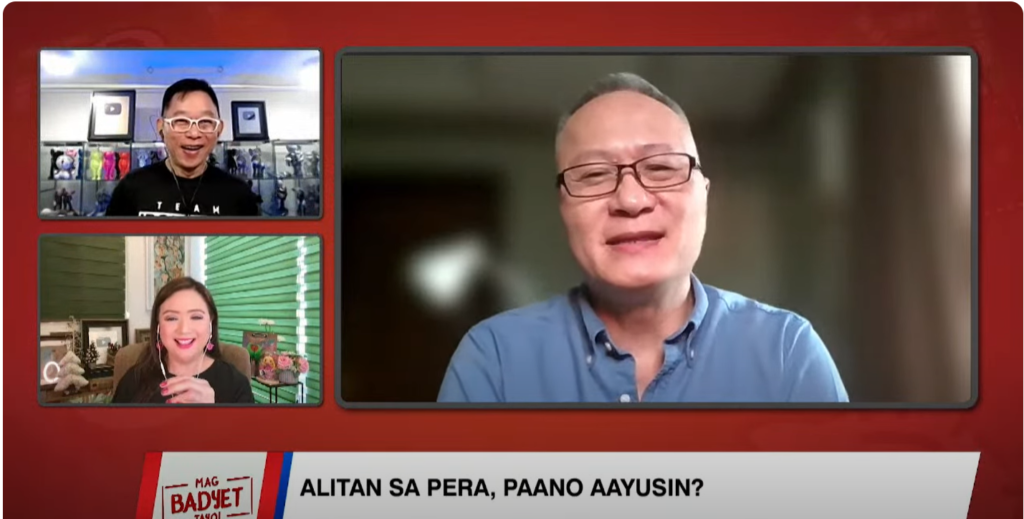
Nathaniel Chua is a member of an international organization called the Association for Contextual Behavioral Science (ACBS). He became chair of the Diversity, Equity, and Inclusion Special Interest Group (DEI-SIG) of ACBS; the first Non-North American to do so.

Nathaniel Chua has a Master’s Degree in Counseling and continues to learn more of the most cutting-edge approaches to working with the human condition.
Below is Nathaniel Chua’s first virtual talk held on November 17, 2023 in front of an international group of therapists from Low or Middle Income Countries (LMIC). He is the first from the Philippines to do this:
What is One Life Only Counseling about?
- You can be assured that your information with be kept completely confidential.
- You will be respected regardless of your religion, gender preference, ethnicity, economic status, and even your personal lifestyle and values. We are LGBTQIA+ friendly!
- Your counselor will not impose their values and beliefs on you.
- We use a scientific model of counseling that has precision, depth, and scope. Below are bullet points to let you understand better what we mean by this:
- By precision we mean that our approach to counseling tells you how these mechanisms of change work. It is not enough to say that a sense of self-awareness is what creates changes in people’s behavior. Our approach tells us how self-awareness works as one step within a set of processes that can lead to lasting change.
- Depth means the approach we use does not conflict with other theories and models of therapy. In fact, many other approaches can be used as forms of treatment towards greater psychological flexibility. Our approach for instance does not conflict with findings in the area of attachment theory, gestalt therapy, psychodynamic therapy to just raise a few examples. It cuts across other levels of analyses.
- Finally, by scope we mean that our approach comes from the discovery of the smallest set of processes that cuts across multiple mental health concerns from anxiety and depression to personality disorders to psychosis, etc. It is a transdiagnostic approach that seeks to understand what many of the symptoms or syndromes come down to, so these processes can be targeted to address many, if not all of the disorders listed in different diagnostic systems.
- We are also probably the only counseling service in the Philippines that follows a certain philosophy of science with certain a priori assumptions about human nature. With this in mind, we offer a holistic consistent approach to life’s challenges that is a-ontological, monistic, and pragmatic.
- Furthermore, ineffective behaviors are addressed by their classes and functions, therefore making our model of therapy parsimonious and much easier to apply to daily living. Most of our clients are empowered to use the skills they learn in therapy to apply to a multitude of challenging situations without having to rush to a therapist to address specific concerns. If you remember Einstein, everything can be explained by one simple equation, E = mc squared! In other words, we do our best to be ACT-Consistent or as some other experts would call it, we practice, ACT Fidelity!
The approach we use is also one that is endorsed by the World Health Organization as an effective psychological tool for coping with any kind of life crises! It can be described as a kind of psychological vaccine that has been found to be effective in improving and promoting mental resilience in the face of many, if not all kinds of life challenges.
Here’s a paraphrase from Dr. Steven C. Hayes in my interview with him on April 5th, 2022:
“Here’s what the World Health Organization, the best public health and scientific group in the world says about this protocol, this extensively tested protocol is helpful for anyone who is stressed, for any reason, in any circumstance.”
Since 2019, we have been very excited to offer this type of a radically different approach to therapy that is not just about relieving symptoms, but also about helping people towards creating lives imbued with meaning and purpose.
Here’s a video about what makes One Life Only Counseling Services different:
You can read the written version of this video through this link: https://www.onelifeonly.net/about/what-makes-one-life-only-counseling-services-different/
Here is a recent interview for an article on Philstar Life featuring Nathaniel Chua and a legal practitioner about marital sexual consent:
https://philstarlife.com/news-and-views/928796-consent-rape-marriage-explainer
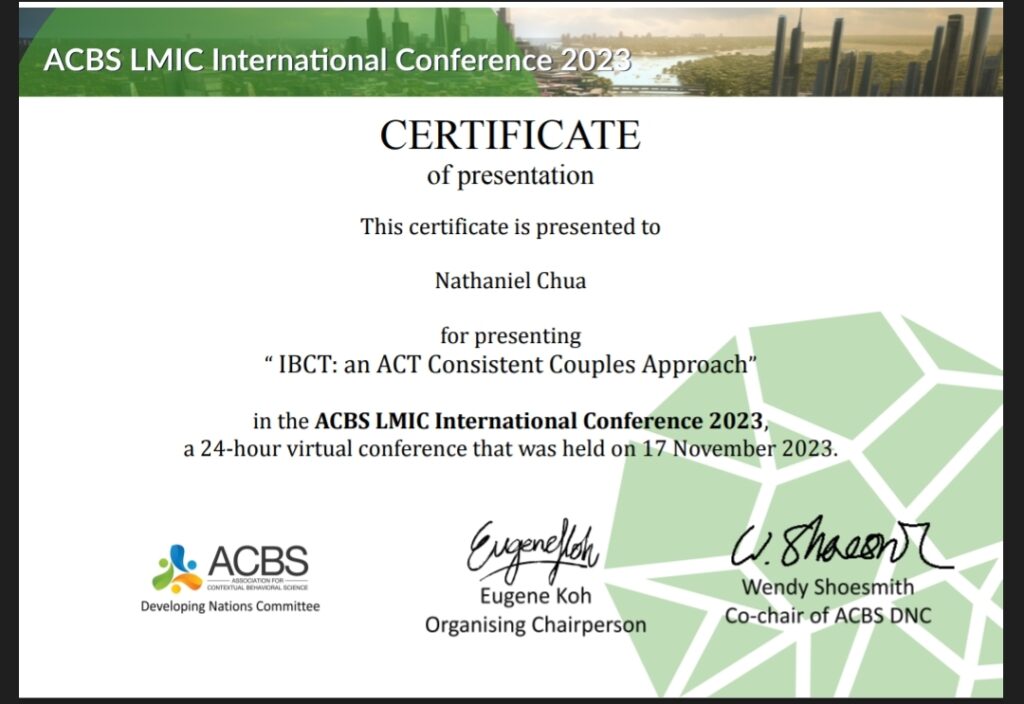
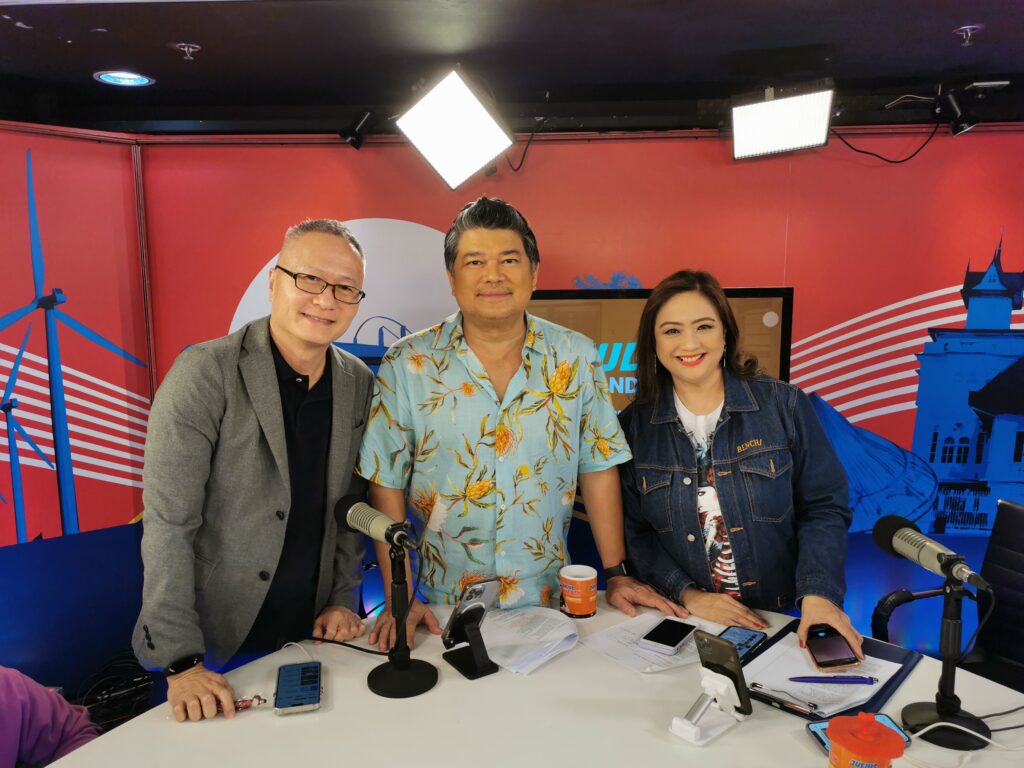
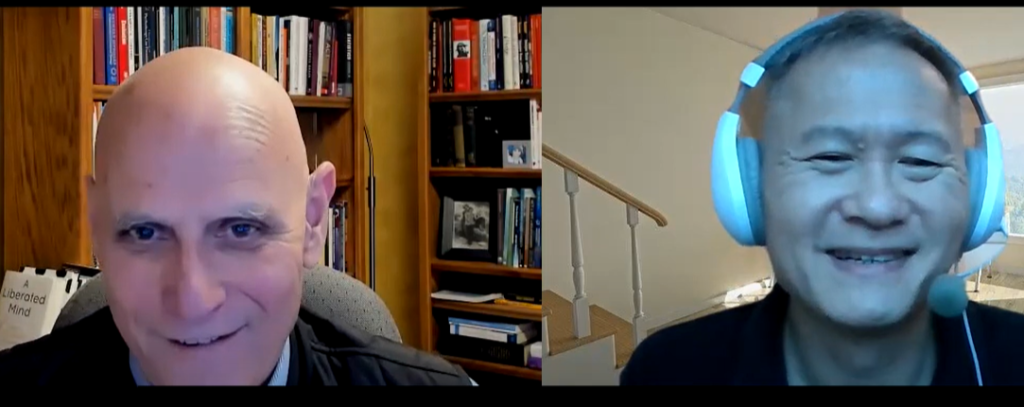
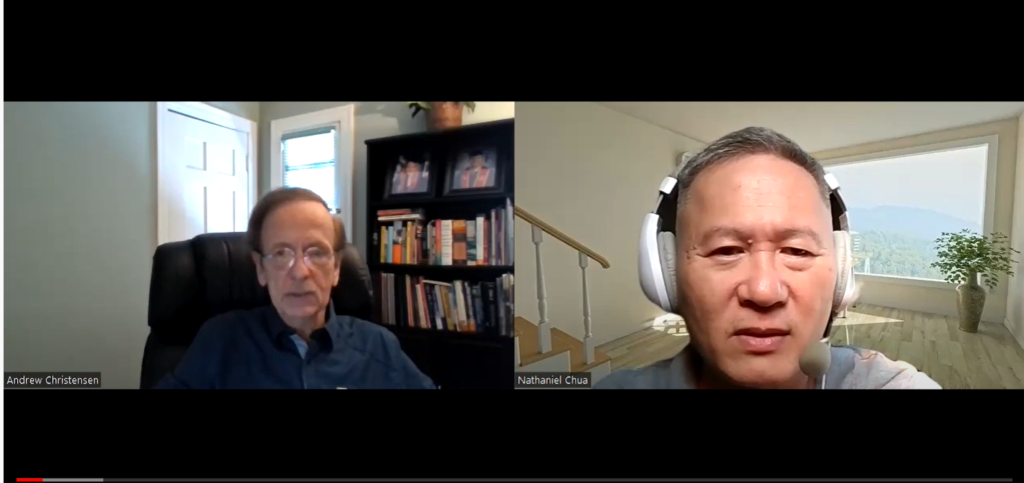
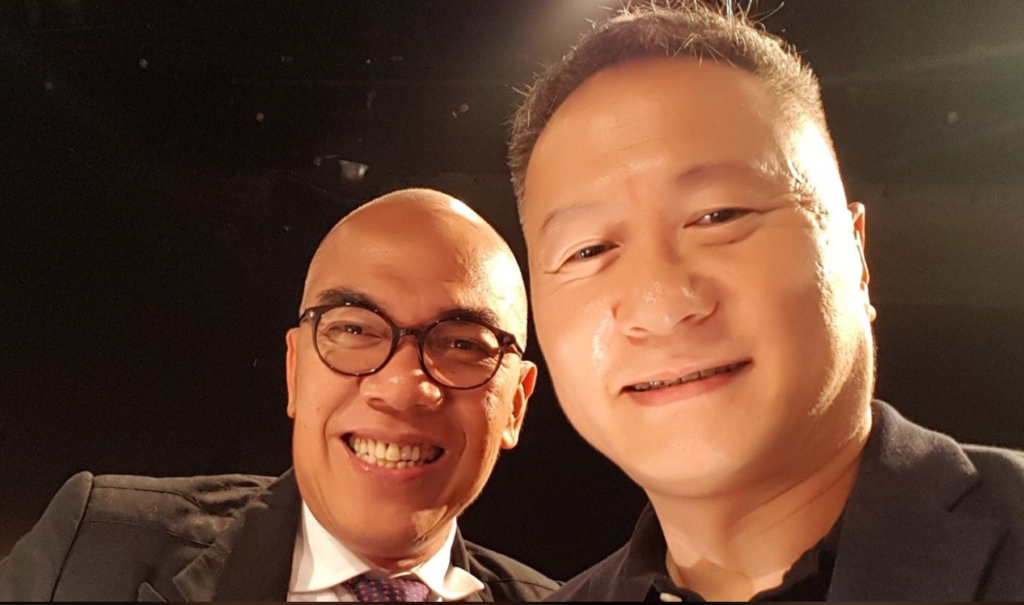
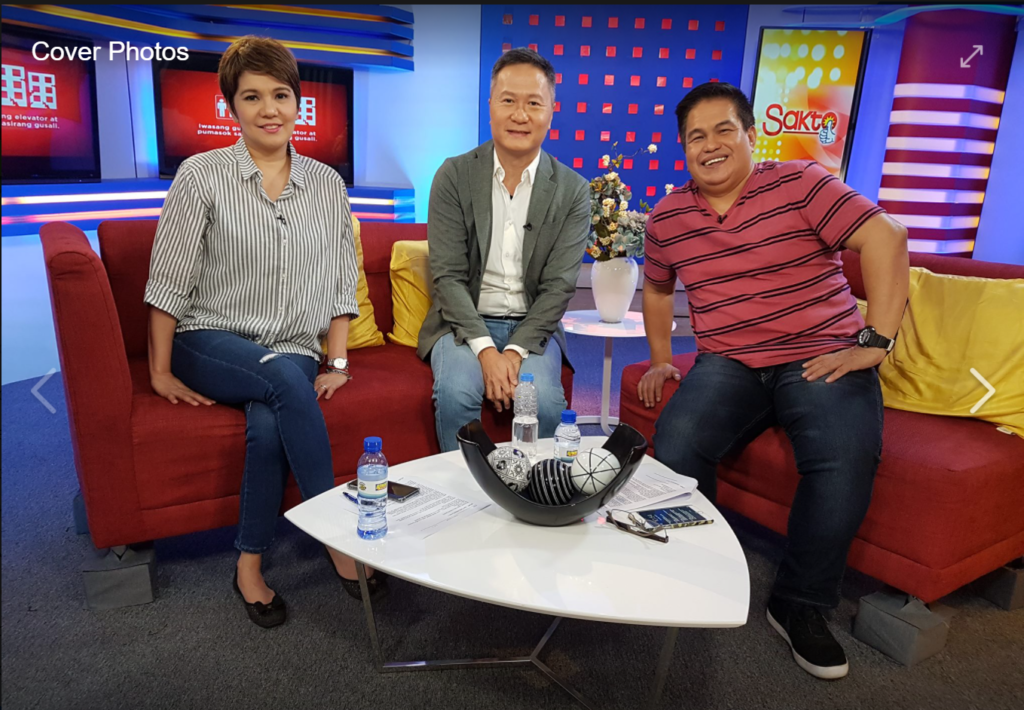
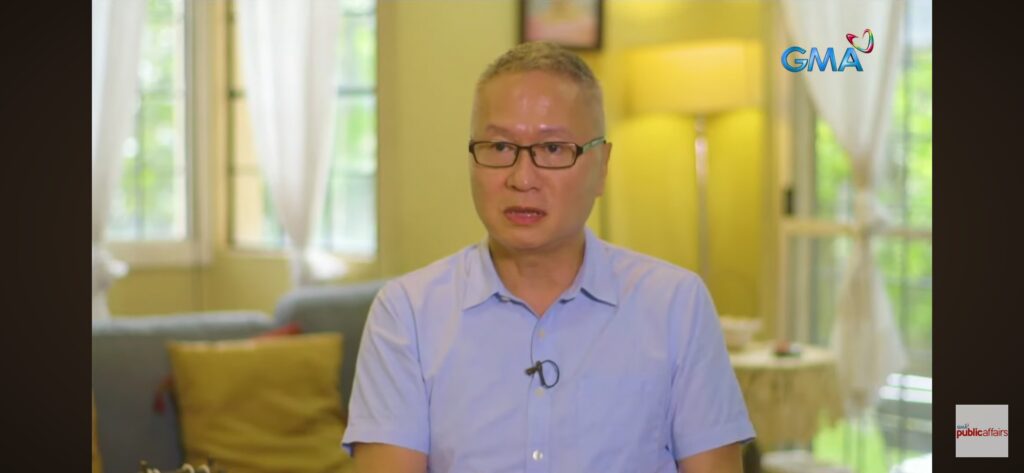
Here a video of Nathan Chua’s appearance on a “Dapat Alam Mo” Episode:
Here’s a solo interview of Nathan Chua with an ACT Matrix Expert and Counselor from the United States, Jacob Martinez:
Interviews with the experts:
Here are two interviews with the two experts that have had a huge impact on my work in recent years. They are with Dr. Steven Hayes and Dr. Andrew Christensen. Here are the videos:
What makes our difficult emotions more difficult?
by Nathan Chua
All of us go through this. We feel some anxiety, sadness, anger, and so on and seem to dig ourselves deeper into the abyss of unpleasant emotions.
There is a reason why we see ancient traditions of meditation where wise people sit for periods of time. Part of the exercise is to be able to stay with difficult thoughts and the feelings that come along as they sit. In fact the type of meditation that is referred to here is called just sitting.
Contrary to the logic that we so often use so well with problems that are external to us, our struggle lies not in our difficult emotions, but with how we relate to them. As kids, we were trained by our parents or other guardians to show mostly feelings that are labeled as positive. These are rules we learn early when we are first taught to listen to and recognize words that refer to positive or negative consequences to our behaviors. Mom and dad don’t like it when we are sad and crying because such feelings attached to the behavior get in the way of a quiet night watching a movie or a party with friends. Your crying loudly in church or a friendly gathering doesn’t allow for the adults in the room to focus on what is going on.
As a result, we learn to judge our own feelings as bad and in turn judge ourselves as bad too for having such unwanted emotions.
Dr. Russ Harris gives us a list of how our mind judges our feelings and make them worse:
- “Why am I feeling like this?”
- “What have I done to deserve this?”
- “Why am I like this?”
- “I can’t handle this!”
- “I shouldn’t feel like this.”
- “I wish I didn’t feel like this!”
The key here is to be able to describe our feelings instead of evaluating them. Evaluating our feelings means we begin a struggle with them and think that the only way forward to doing that important project is to get rid of such feelings. Let me be okay first before I go on with my day and my plans. I will only go for that promotion or approach that person I want to date when I feel confident enough.
Unfortunately, these judgments against our own feelings become invisible barriers that stand in the way of us pursuing that very thing that would make us feel like we are living in accordance with what we aspire to be. We go from a natural pain that life gives us when we end up in tough situations, to a manufactured pain or a pain that we create for ourselves wherein we become entangled in a war inside our minds…while precious time ticks away. Eventually, that promotion goes to someone else at work or that date gets involved with someone else.
Describing our painful emotions on the other hand, allows us to approach difficult feelings with curiosity. As we do so we are more able to allow such feelings to hang around for a while and then come and go as they please. Note though that we have no control over how long or if these unpleasant feelings will stay or not. The more we try to control them and want to get rid of them, the more they linger and make us end up being at war with our own thoughts and feelings.
Just remember, we are not our histories, they are just a part of us. Hating our own past and wishing they were different means being at war with something we can learn from. Our histories can either enrich our lives or be our worst enemies. We just have to choose.
One Life Only Counseling Services provides an evidence-based, transdiagnostic approach to counseling with proven results in addressing a variety of mental health concerns. We provide both in person and online video counseling as well as soft skills training workshops for corporate and non-profit organizations.
How do we objectify ourselves?
by Nathan Chua
It’s too hard. I can’t. I must. I should or should not. These are just some signs of a person (1) believing in the reasons that the mind offers or (2) signs of objectifying him or herself.
Here’s a test for how reasons may not be as powerful as we think they are. Think of a few reasons why you can’t stop your addiction to binge watching movies or television series online. Now, think of a few reasons why you shouldn’t be wasting countless hours of your life watching them. Now consider this, if reasons did make us do things, then all of us would have been doing the right things all the time because they come from the right reasons. So in effect, reasons are just thoughts and nothing more. It is up to us how we behave whether such reasons exist or not.
And how is it that we objectify ourselves? Let’s take for example someone who was dear to us in our family dies. Here’s where we play the I should or I must game. I should be able to buck up and keep doing what I’m doing. I mustn’t show any emotions for being emotional at this time is inimical to myself and the people surrounding me. If we look deeper, this means that we ought to have a switch inside of us pretty much like a robot or a computer. Our thoughts tell us that we ought to be as efficient and switchable as that desktop in front of us.
Unfortunately, this almost always doesn’t work, because how do we accomplish switching ourselves off? Well, that trip to the bar with flowing alcohol is one way. Others are getting lost in busyness at work or at home, comfort eating, and of course, binge watching. Some of us go to pills that doctors prescribe to get rid of unpleasant feelings. All of these do serve the purpose of making us feel better for a while, but ultimately comes with a pretty huge price tag, a chunk of our lifetime spent on what only matters to make us feel good temporarily, and little or nothing to do with a meaningful and purposeful life. Like how empowering does it feel to have a bunch of pills in your pocket to kill your depression or anxiety?
We also objectify ourselves with the roles that we create for ourselves. I have always been the wedge that kept mom and dad away from getting at each other’s throats. I have always been the successful migrant who keeps the family finances together. I would always be the caretaker of the clan. These are just some of the many roles that stick to us like cattle branding.
We even objectify ourselves by the values we aspire to live by. We use our values to bludgeon ourselves. I must always be kind and generous. I have no option but to say yes all the time because to say no means I would be a bad person or a hypocrite.
The one thing that most of us forget regularly and quite often, is that the challenge of this life is not being in control of our inner workings all the time like a computer or a robot.
The challenge is being a person, being human.
You and I are human because we hurt when we lose someone we love. You and I are human when we make mistakes that make us feel we haven’t lived consistently with what truly matters to us. You and I are human because we exist beyond what our minds tell us who we are. You and I are human because we do things that our rational minds cannot comprehend. And that something incomprehensible is the thing that is most akin to being human, and that’s none other than our capacity to choose the hard stuff for no other reason but love, and caring for ourselves and others.

